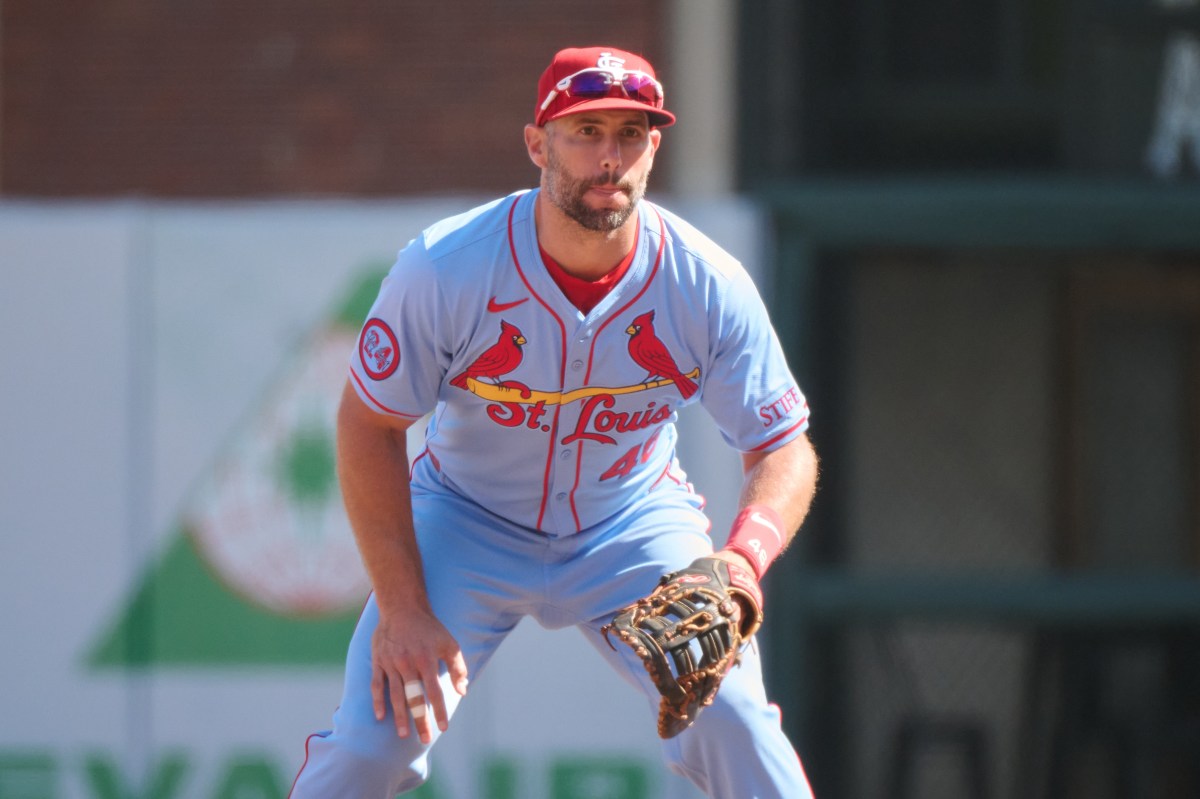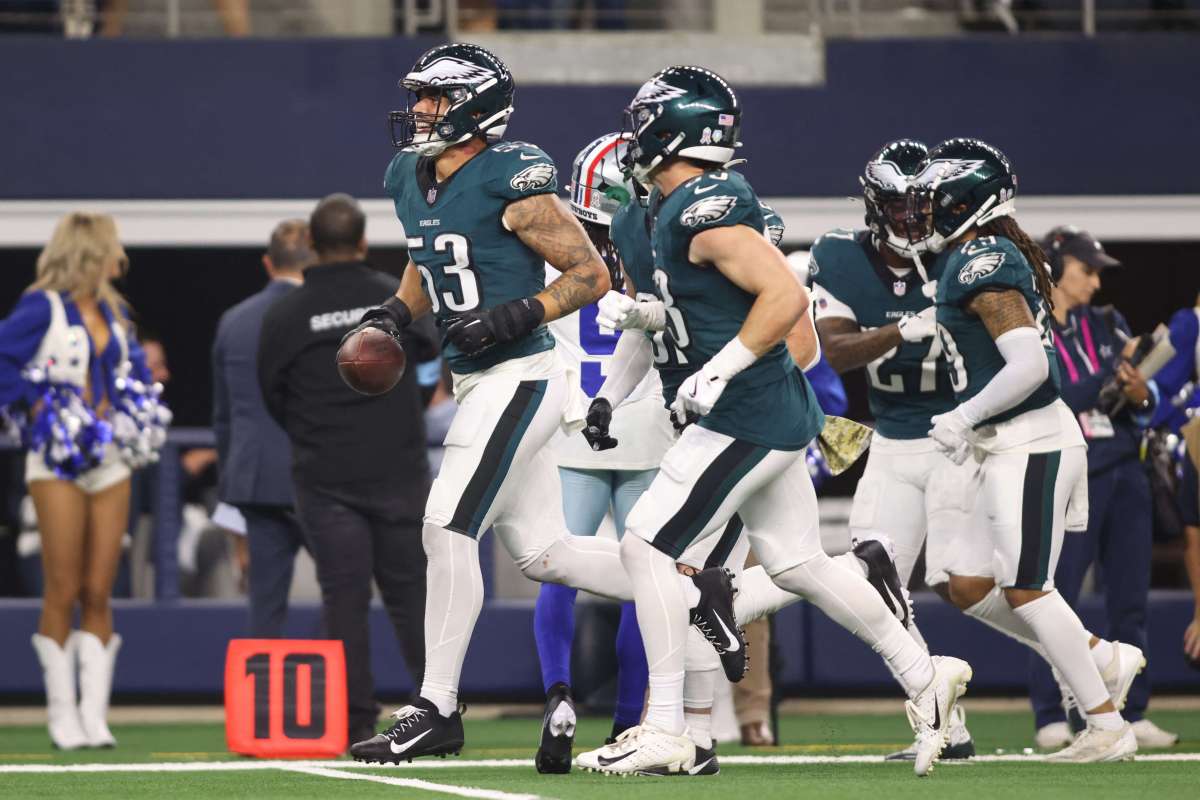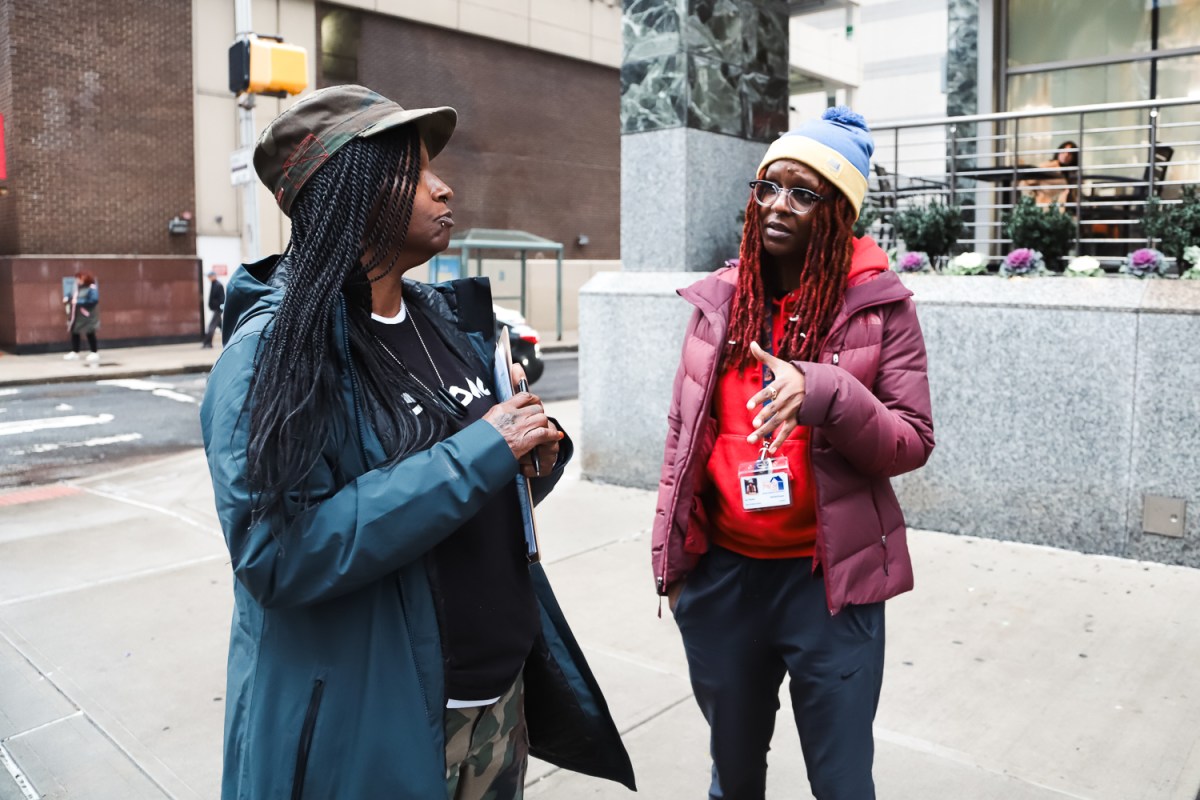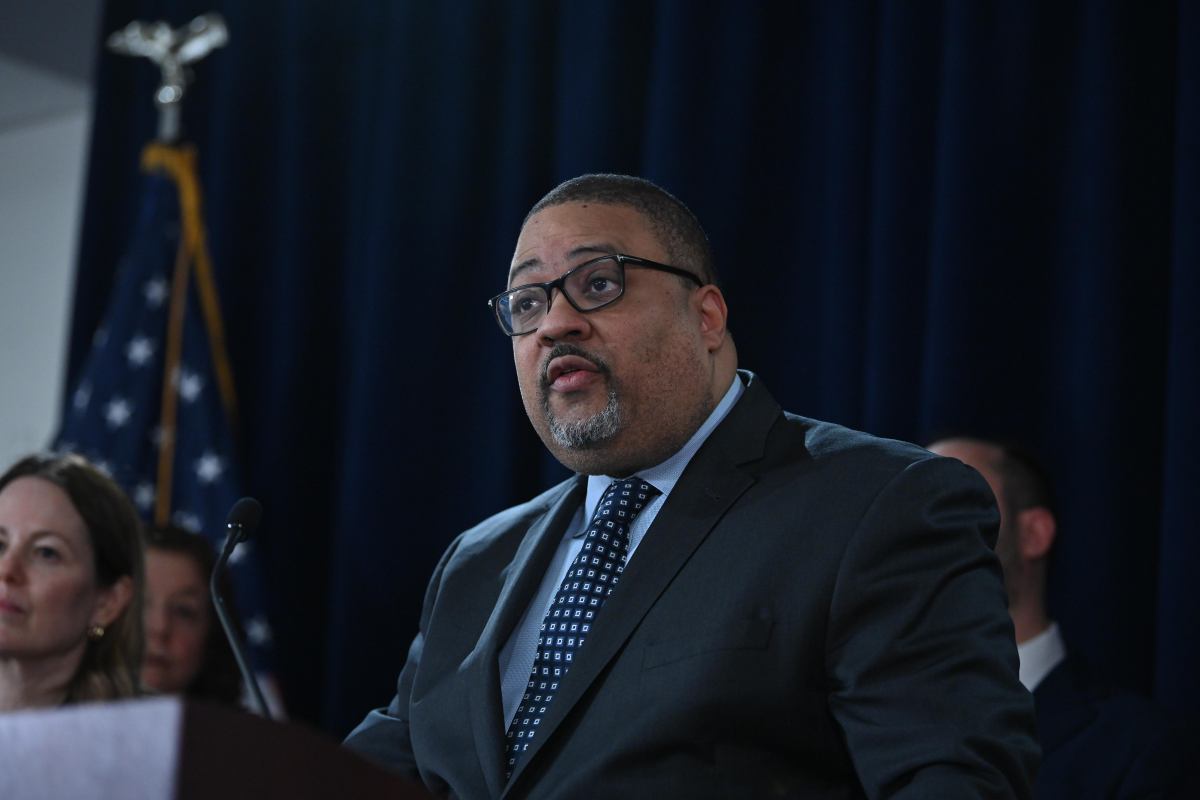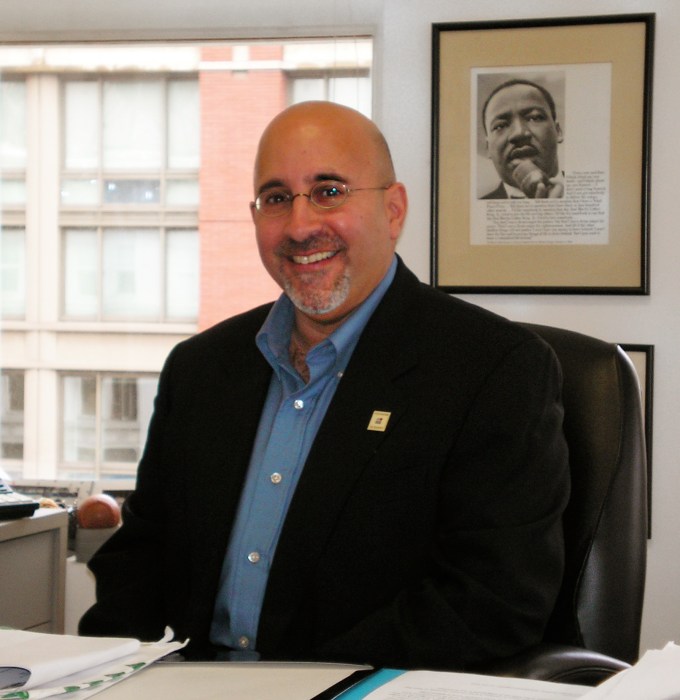Aged 39 and about to play in a record-extending sixth European Championship, Cristiano Ronaldo’s longevity at soccer’s highest levels almost defies belief.
Luka Modric is 38, still performing for Real Madrid and will be expected to provide the X Factor for Croatia at the Euros in Germany, which start June 14,
The best players are extending their careers for longer, despite the increased pace and intensity of the modern game.
Higher levels of fitness and stamina are being demanded of athletes, but that is being matched by ever-improving expertise in how to maximize performance.
“Sports science has had an impact on how we prepare the modern-day player in terms of diet, nutrition, lifestyle, training programs. We’ve moved out of the 80s and 90s with the increased level of professionalism,” Tony Strudwick, a sports scientist with more than three decades of experience in soccer, told The Associated Press.
Strudwick has held prominent roles at Manchester United, Arsenal and England and is currently director of medical at West Bromwich Albion.
He worked with Ronaldo at United when the Portugal forward first established himself as one of the best players in the world.
“He just set himself up for success,” Strudwick said. “I said four or five years ago, knowing how professional Ronaldo was, he could play up to the age of 40. That was no problem.”
With his 40th birthday in sight, Ronaldo shows no sign of being ready to quit. And with the advancement of sports science, the longevity that the likes of Ronaldo and Modric are achieving could become the norm.
It’s not so much that athletes have changed physically over the years — rather it has been a shift in mentality.
“We have seen a kind of evolution in professionalism as opposed to an evolution in genetics,” Strudwick said. “It wasn’t that players were unprofessional (in the past), they just didn’t know what they didn’t know.
“There’s a lot more scrutiny on players in terms of accountability.”
Improvements in player lifestyle is lengthening careers, with many using the services of fitness and conditioning experts to ensure they remain in prime condition even during the offseason.
Ryan Giggs took on yoga in his later years to help extend his career and allow him to play for United until he was 40.
Many top players also rely on the services of private chefs who deliver daily meals that are nutritionally balanced, while also being of restaurant quality.
That’s in addition to what’s provided by elite clubs, which have nutrition departments to help players keep food diaries and provide them with diet coaching.
In the past, some players would have pre-match meals of steak. Much has changed, with some managers banning sauces at the table.
Rod Thornley, a masseur who worked with Manchester United and England, can remember when Italian coach Fabio Capello took charge of the Three Lions.
“The first ever pre-match meal was just a massive bowl of pasta. No sauce, just pasta,” Thornley told the AP. “The lads were looking round going ‘What is this? We can’t eat this.’ And that’s all he offered. That was it.”
Massage plays a role in avoiding soft tissue injury. Contemporary players will have several massages throughout the week at the training ground or at home.
“With the more exercise you do, the more tight your muscles become,” Thornley said. “You are affecting muscles, you’re affecting muscle mass, you’re affecting your buildup of tightness, your lack of elasticity in the muscle.
“It’s a huge part of keeping a player fit, keeping a player healthy, keeping them on the pitch.”
Ice baths are also used to help recovery.
For all the ambition of players to continue as long as they can, there is also a clear financial incentive at a time when the rewards have never been higher.
It only makes sense for a player to want to extend their earning potential. Ronaldo, for instance, is reportedly paid $200 million a year playing for Al Nassr in the Saudi League. He is the CEO of the money-making machine that is his playing career. It is something Strudwick calls the “rise of the entrepreneur” soccer player.
And it can apply to players much lower down the food chain than Ronaldo.
“There is a big incentive to keep your career going,” Strudwick said. “An extra five years at the back end of your career sets up the modern footballer for a very, very comfortable future.”
In the case of Ronaldo, a remarkable career that has seen him win five Ballon d’Or awards for the best player in the world is no accident, according to Thornley.
They worked together at United, where Ronaldo won the first of his five Champions League titles.
“Ronaldo just had that mentality where he was just wanting to be the best at everything,” Thornley said. “He wanted to be the best player in the world from the second he turned up there. He was just one of those lads that you knew he would do whatever it took to be that person, and he did and he proved it.”
James Robson is at https://twitter.com/jamesalanrobson
AP soccer: https://apnews.com/hub/soccer



